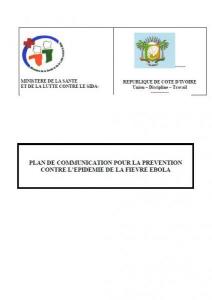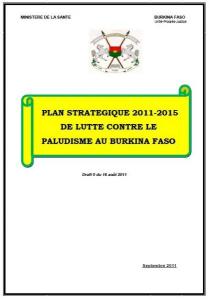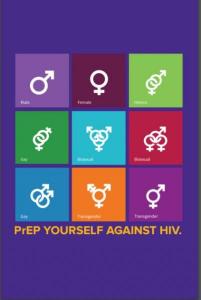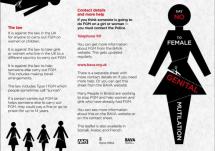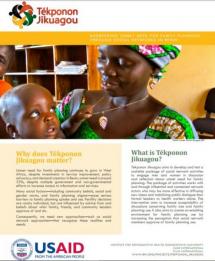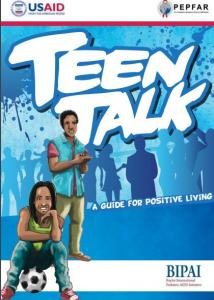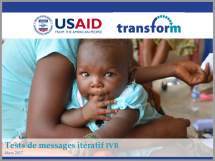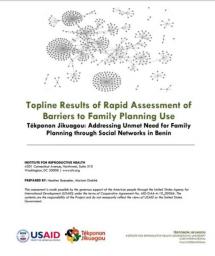Plan de Communication 2015-2017 pour la Lutte contre le Paludisme
The communication plan aims to guide Guinea’s Malaria Control Program and partners to plan and oversee the implementation of communication activities in the framework of the fight against malaria in Guinea by the standards of the World Health Organization ( WHO).
It revolves around two objectives:
- To contribute to the reduction of morbidity and mortality due to malaria in the Guinean populations
- Improve the visibility of actions against malaria
Source: Ministry of Health Guinea
Date of Publication: March 25, 2019
SIMILIAR RESOURCES
Tools
Examples
- Plan Stratégique National de Plaidoyer en matière de lutte contre le Paludisme (PSNPP) en Côte d'Ivoire 2018-2023
- Plan de Contingence du Systeme des Nations Unies pour une Epidemie de Fievre Hemorragique a Virus Ebola
- SBCC for Malaria in Pregnancy: Strategy Development Guidance
- Promoting Quality Malaria Medicines Through SBCC: An Implementation Kit
- The Strategic Framework for Malaria Social and Behaviour Change Communication 2018-2030
- Using Social & Behavior Change To Improve Family Planning Outcomes / Utilisation du Changement Social et Comportemental pour Améliorer le Bilan du Planning Familial en Afrique de l'Ouest
- Conseils sur le changement social et de comportement pour la planification familiale pendant le COVID-19
- Ajustement à bases factuelles des mesures de santé publique et des mesures sociales / Evidence-based Adjustment of Public Health and Social Measures
- Integrated Management Strategy for Dengue Prevention and Control
- Crisis and Outbreak Communication Pandemic Flu and Other Disasters
- Plan de Communication pour la Lutte Contre le Paludisme, 2013-2017, rev 2016
- Advocacy, Communication and Social mobilisation Action Plan for Malaria Elimination in Swaziland, 2015-2017
- Plan Strategique 2011-2015 de Lutte Contre le Paludisme au Burkina Faso
- Plan de Communication pour le Luttre contre Paludisme 2012-2015
- Plan de Communicacion de la Lutte contre le Paludisme 2013-2015



